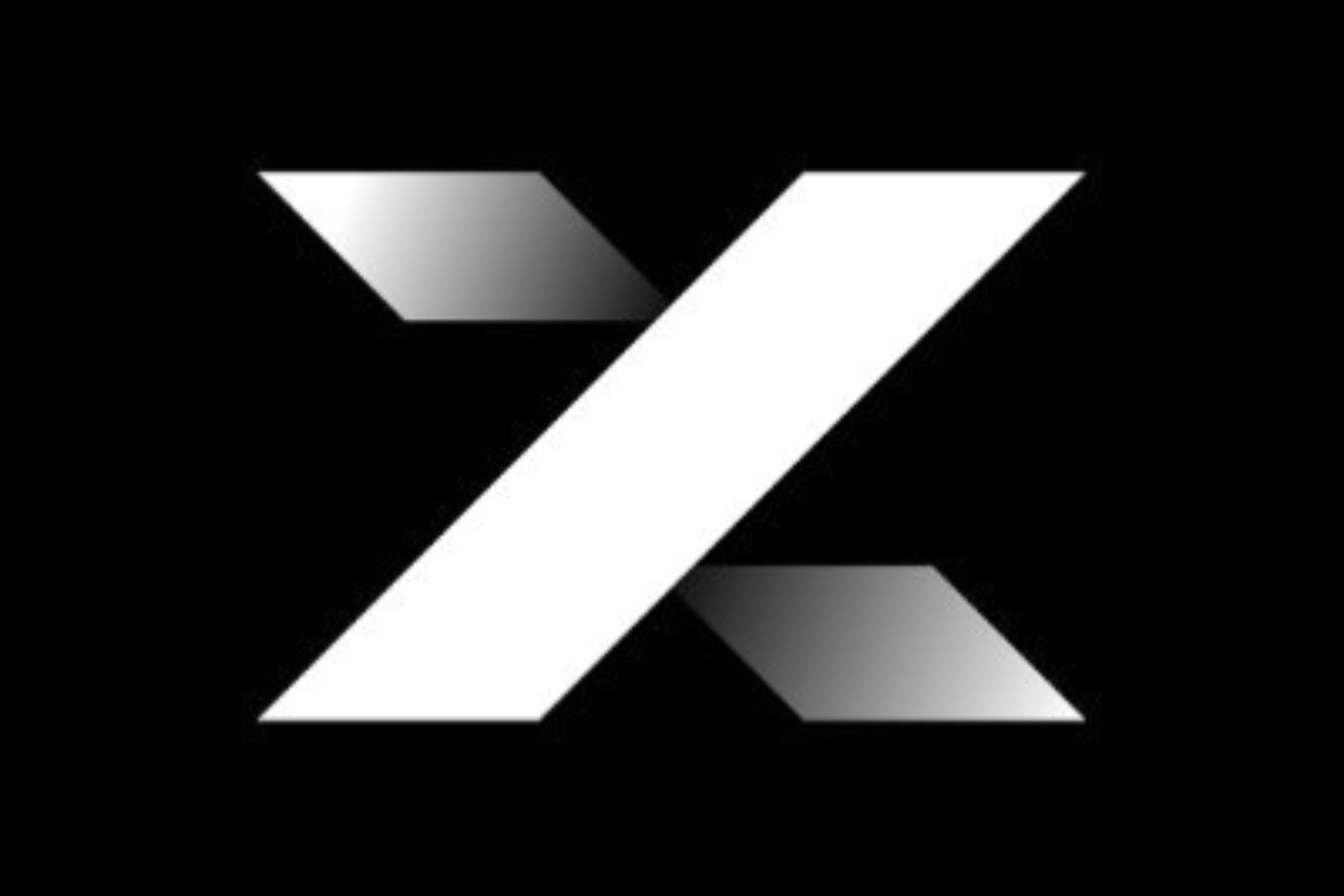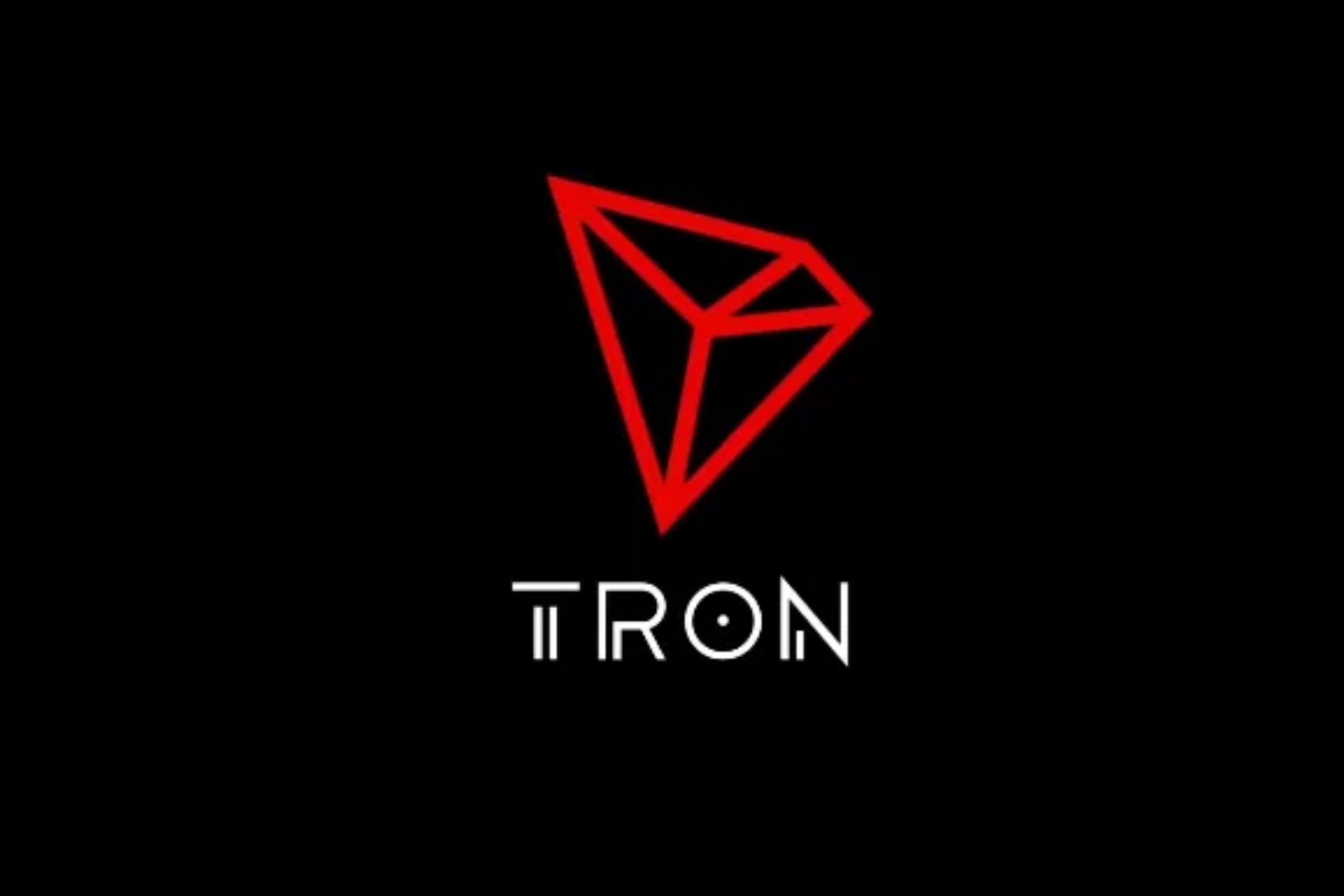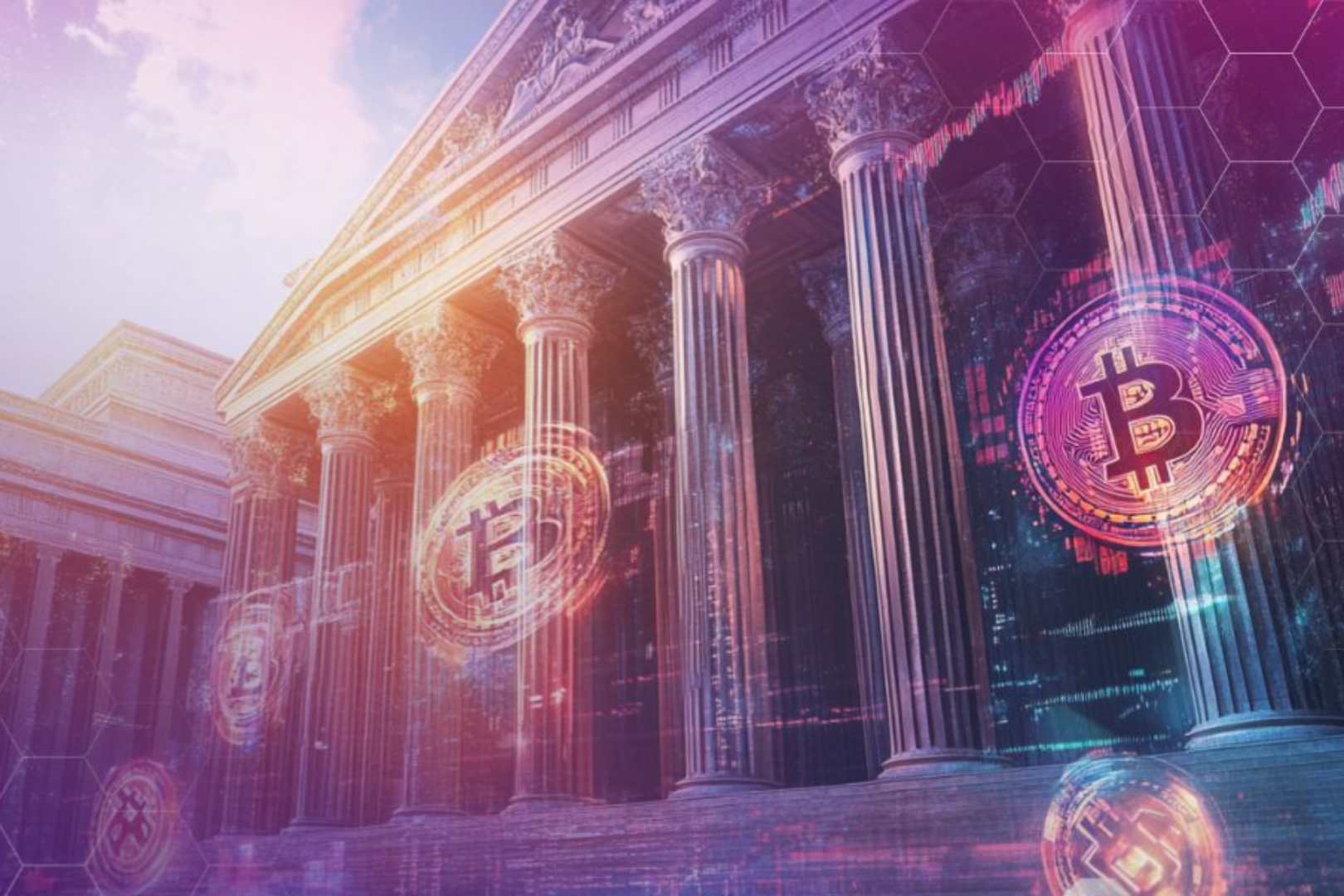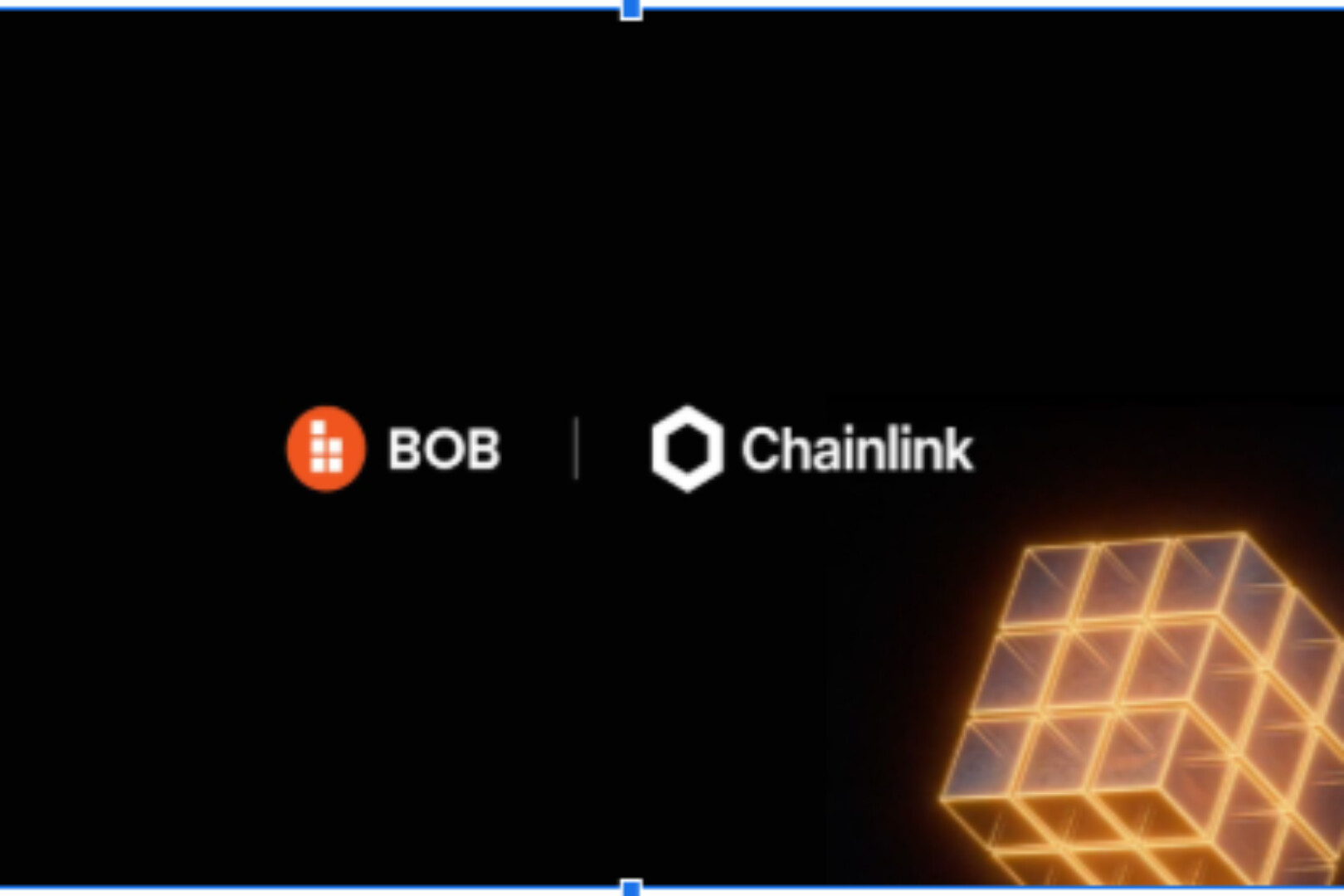This article was originally published on The Information by Hannah Miller and compiled by Rhythm.
Rhythm BlockBeats news, with the increasingly stringent regulation, many encrypted trading platforms have been affected to varying degrees. Recently, UK-based payment company Faster Payments terminated its cooperation with Binance, and another European payment institution, Clear Junction, also stated that it has stopped providing transaction support for Binance. Regulation has become one of the unavoidable problems for the person in charge of an encryption trading platform, so how do other people in the industry view regulatory issues, and how do they deal with the development pressure brought about by regulation?
Binance is one of the investors in FTX, which has repeatedly grabbed headlines for its impressive growth since its inception in 2019. The company is reportedly trying to close $400 million to $1 billion in new financing, which would value the company at about $20 billion.
FTX may not be the largest cryptocurrency exchange in the world yet, but it is currently the most talked about. FTX has put its name on the Miami Heat's arena, and it has a partnership with Major League Baseball and celebrity couple Tom Brady and Gisele. The company's founder and CEO, 29-year-old billionaire Sam Bankman-Fried, has made a name for himself in the cryptocurrency world.
Sam Bankman-Fried said the company's foray into sports is aimed at attracting new clients as it grows into a more established trading platform. FTX also offers non-crypto products like pre-IPO contracts, where investors can bet on the valuation of an upcoming company (the product is not available to US users).
Sam Bankman-Fried said he would consider listing FTX, possibly a direct listing like Coinbase. In conversation with The Information, Sam Bankman-Fried talks about the prospect of a public listing, his thoughts on regulation, and the intersection between meme culture and cryptocurrencies.
The following is a conversation between The Information and FTX trading platform Sam Bankman-Fried
Q: Coinbase recently went public and Circle is in the process of going public with a special purpose acquisition company. what is your plan
Sam Bankman-Fried: We'll consider going public. Luckily, we are now in a profitable position, so we don't need to go public, and certainly not at a specific point in time. I would say that I was biased towards a direct listing before, but there are many other factors.
We know that the SEC is trying to decide the future of SPACs. So the landscape could change quite a bit, with exchanges considering what direct listings will look like and how they will be structured. So I think the options that are possible today and how those options work may change in the months and years to come.
Q: What does the new funding mean for the company?
Sam Bankman-Fried: On the balance sheet side, it will give us more flexibility in terms of acquisitions.
Q: What is the biggest achievement of FTX this year?
Sam Bankman-Fried: A year ago, we were the 12th largest exchange in the world with a daily trading volume of several hundred million dollars. We are now the third largest platform in the world with a daily transaction volume of $10 billion, and our transaction volume has increased by about 30 times in the last year. Our user base has also grown somewhat, although its raw numbers are still much smaller than many other companies.
Q: What is your strategy for building relationships with regulators?
Sam Bankman-Fried: A lot of regulators aren't trying to bring down businesses. They're trying to find ways to help the industry prosper while ensuring they have control over key points.
When you start a destructive conversation, usually because the conversation started with accusations or acrimony, then the other person will respond in the same way. So instead of trying to fix the issue, the two sides resent each other, the industry is frustrated with the regulator, the regulator is frustrated with what the industry is doing, and the conversation quickly turns to enforcement.
One of our biggest concerns is that we will face regulators' practices being influenced by non-compliance or bad behavior in this area.
Q: Why did you recently call Dogecoin the “asset of the year”?
Original link
Original link:https://www.theinformation.com/articles/ftx-s-bankman-fried-on-public-listings-and-regulatory-challenges





